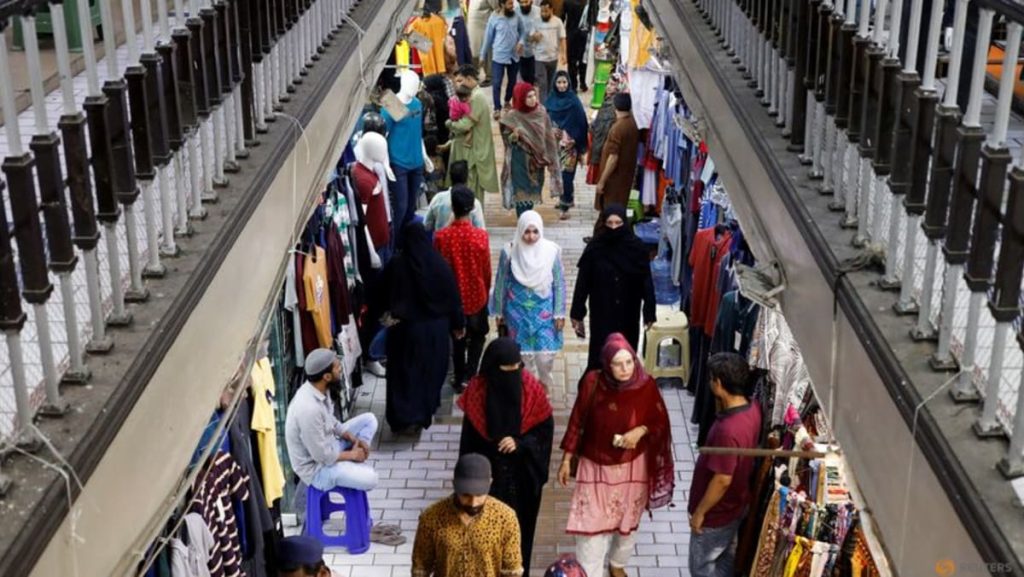ISLAMABAD :Pakistan’s economy is likely to expand 2.7 per cent in the fiscal year ending June 2025 after growing 2.5 per cent during the previous year, the government’s economic survey showed on Monday, a day before the country’s federal budget is unveiled.
The government initially targeted 3.6 per cent GDP growth, but lowered it to 2.7 per cent last month. The IMF expects real GDP to grow by 2.6 per cent in FY25 and for the economy to grow 3.6 per cent in FY26.
Prime Minister Shehbaz Sharif’s government aims for 4.2 per cent GDP growth next year, the country’s planning minister said last week, amid competing priorities, including stimulating investment, maintaining a primary surplus, and managing defence expenditure amid heightened tensions with India.
Pakistan’s central bank, in a bid to encourage growth, cut its policy rate by more than 1,000 basis points in the current fiscal year. Its latest cut last month brought the key rate to 11 per cent, resuming an easing cycle that had brought rates down from 22 per cent after a brief pause in March.
Pakistan had a current account surplus of $1.9 billion in the July to April period of the current fiscal year compared to a deficit of $200 million in the same period last year, the survey showed.
“Pakistan’s economy has been globally acknowledged for achieving macroeconomic stabilisation in the outgoing fiscal year,” Finance Minister Muhammad Aurangzeb said in his foreword to the survey.
“Pakistan is consistently advancing on an upward trajectory, built upon investment friendly reforms, enhanced domestic savings, and increased foreign direct investment, with GDP growth projected at 5.7 per cent over the medium term,” he said.
The economic survey, a key pre-budget document, comes at a time when Pakistan’s economy is stabilising but remains fragile as the country navigates reforms under a $7 billion International Monetary Fund programme.
Pakistan’s federal budget for the next fiscal year starting July will be released on Tuesday.
The government’s total revenue for the first three quarters of the current year stood at 13.37 trillion rupees, the survey showed.
Increasing revenue to trim the fiscal deficit, a key demand of the IMF programme, is considered challenging for Islamabad.
Other key performance indicators mentioned in the economic survey include fiscal deficit at 2.6 per cent of GDP during the first three quarters of the fiscal year.
Inflation was seen at 4.6 per cent for the year.


